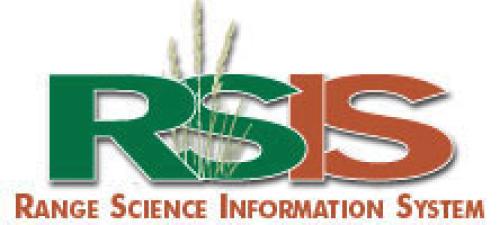Previous research indicated that long-term grazing altered the physiological characteristics of Idaho fescue (Festuca idahoensis) plants at the Northern Great Basin Experimental Range, and the authors of this study suspected that these changes resulted from genetic differences between grazed and ungrazed populations. Therefore, the genetic variation of plant populations were determined using inter-simple sequence repeat (ISSR) DNA markers from Idaho fescue populations inside and outside of a 64 year old grazing exclosure located at the site. Polymorphic loci and expected heterozygosity were similar for plant populations inside and outside of the exclosure, indicating that the plants were genetically similar. Matlaga and Karoly's results mirror those of other researchers who have also failed to detect genetic differences at marker loci in response to grazing. The authors suggest that the minimal genetic differences were caused by the small size of the exclosure, which did not limit gene flow between grazed and ungrazed populations, however, they also caution that the use of larger exclosures may limit site similarity and the reliability of results.

Citations and enhanced abstracts for journals articles and documents focused on rangeland ecology and management. RSIS is a collaboration between Montana State University, University of Idaho, and University of Wyoming.